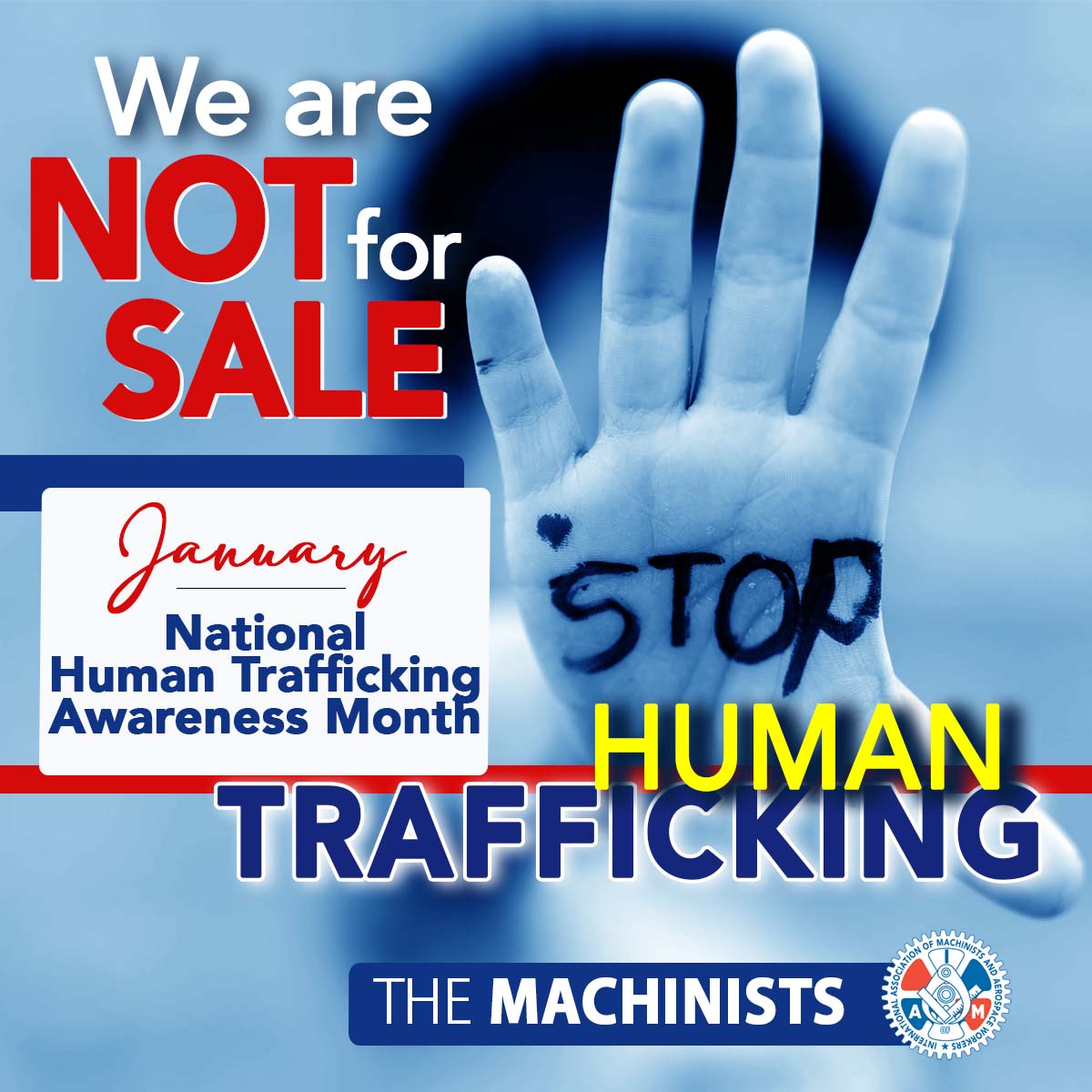

January is National Human Trafficking Awareness Month. In 2010, President Barack Obama declared January “National Slavery and Human Trafficking Prevention Month” and every year since, each president has followed this tradition. The proclamation dedicated the month of January to raise awareness about human trafficking, and to educate the public on how to identify and prevent this crime.
What is Human Trafficking?
The formal definition of human trafficking is “the unlawful act of transporting or coercing people in order to benefit from their work or service, typically in the form of forced labor or sexual exploitation.” (Oxford Dictionary). Traffickers see their victims as commodities, without regard for their dignity or human rights. They sell people for a price that can range from tens of US dollars to tens of thousands, with large criminal organizations making the highest incomes. Every country in the world is affected by human trafficking, whether as a country of origin, transit, or destination for victims—or sometimes all three.
Most women and girl victims are trafficked for sexual exploitation, whereas men and boys are mainly trafficked for forced labor. For every 10 victims detected globally in 2018, about five were adult women and two were young girls. Around 20 per cent of human trafficking victims were adult men and 15 per cent were young boys.
Conflict further exacerbates vulnerabilities, with armed groups exploiting civilians and traffickers targeting forcibly displaced people. This crime has proliferated during the COVID-19 pandemic, as women, children, and men worldwide are out of work, out of school, and without social support—leaving them at the mercy of criminal traffickers seeking to take advantage of the pandemic to exploit the vulnerable.
Did you know that the IAM advocated for its members in our Transportation Territory, both in the United States and Canada, to be trained to spot, take action, and alert authorities for those who may be victims of trafficking? “Airline workers can be the last lines of defense when it comes to human trafficking. So it is extremely important they are knowledgeable and know what signs to look for, how to respond and how to report the suspected activity,” according to Sara Gonzales, District Lodge 142 General Chair. Customer service agents and/or flight attendants are trained annually on how to spot and report someone who may be a victim of human trafficking or otherwise involved in human trafficking.
You can help raise awareness of these issues by getting more involved in your Local Lodge’s Humans Rights and/or Women’s Committees. The US State Department also has a list of ways you can help fight human trafficking.
If you believe you or someone you know is a victim of human trafficking or may have information about a trafficking situation, please call the National Human Trafficking Hotline toll-free at 1-888-373-7888 or visit https://humantraffickinghotline.org. You can also text the National Human Trafficking Hotline at 233733. If you or someone you know is in immediate danger, please call 911.
Sources:
President Joe Biden, “A Proclamation on National Human Trafficking Prevention Month, 2022,” available at https://www.whitehouse.gov/briefing-room/presidential-actions/2021/12/30/a-proclamation-on-national-human-trafficking-prevention-month-2022/#_blank
“Human Trafficking.” Oxford Learner’s Dictionaries online, available at https://www.oxfordlearnersdictionaries.com/us/definition/english/human-trafficking?q=Human+Trafficking